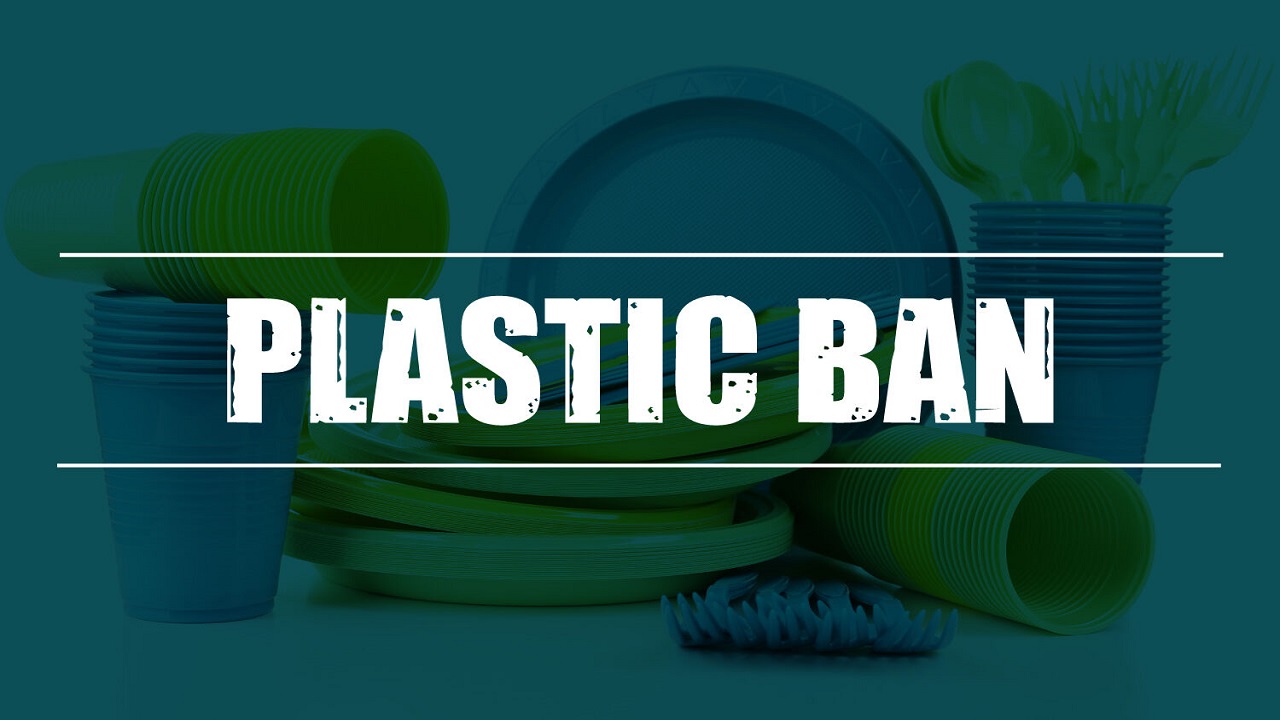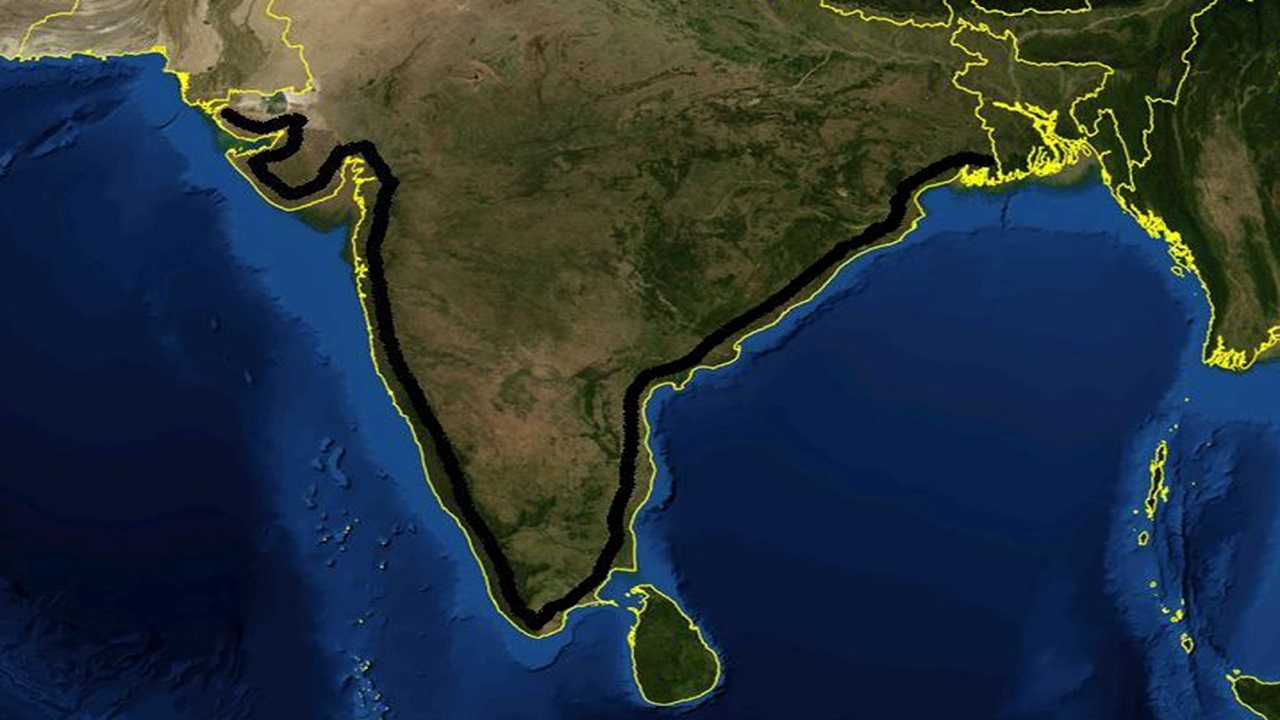Global Plastic Ban Could Save $8 Trillion: WWF-Earth Action Report
Context:
The global plastic pollution crisis has reached alarming levels, severely affecting ecosystems, human health, and economies. In this backdrop, the World Wide Fund for Nature (WWF) commissioned a study by Earth Action (EA) to assess the economic and environmental implications of banning or phasing out high-risk plastic products. The findings suggest that such measures could save the global economy $4.7–$8 trillion between 2025 and 2040.
This study gains significance as the world prepares for the Global Plastics Treaty negotiations, aiming to forge legally binding solutions for plastic pollution.
About the Study:
-
Commissioned by: World Wide Fund for Nature (WWF)
-
Conducted by: Earth Action
-
Data Source: Based on the Plasteax dataset, a global database of plastic product and waste data.
-
Objective:
-
To assess the costs, benefits, and timelines of banning or phasing out high-risk plastic products.
-
To compare scenarios such as immediate ban, phased ban, and staggered ban against business-as-usual (BAU) models.
-
Key Findings of the Study:
1. Economic Savings Potential:
-
An immediate global ban could lead to savings of up to $8 trillion between 2025 and 2040.
-
A phased ban approach could save around $7 trillion.
-
A staggered ban model could yield savings of $4.7 trillion.
-
In contrast, continuing with business-as-usual plastic use would result in an estimated cost of $10 trillion globally.
2. Targeted Plastic Products:
-
The study identified certain plastic items as high-risk due to their environmental impact and lack of recyclability:
-
Expanded Polystyrene (EPS)
-
Polyvinyl Chloride (PVC)
-
Polystyrene Packaging
-
Single-use plastic items such as:
-
Straws
-
Cotton buds
-
Cutlery and plates
-
-
3. Environmental Gains:
-
Estimated reduction of 173–224 million tonnes in overall plastic use by 2040.
-
Reduction of 51–74 million tonnes in mismanaged plastic waste, which often ends up in oceans or landfills.
-
Significant improvement in marine and terrestrial ecosystems, with positive impact on biodiversity and public health.
4. Cost of Inaction vs Action:
-
Under business-as-usual, global plastic use will create economic burdens up to $10 trillion.
-
In contrast, the ban scenario would cost only $2 trillion, leading to a net saving of $8 trillion.
-
Waste management cost savings alone would reach $50 billion due to reduced disposal and landfill burden.
5. Private Sector Transition Costs:
-
The estimated transition cost for industries is relatively low at $143 million.
-
These costs would be offset by:
-
Long-term savings
-
Reduced environmental liability
-
Emerging business opportunities in sustainable alternatives and innovation in packaging.
-
Relevance to UPSC:
-
The study is important for topics under:
-
Environment and Ecology
-
Sustainable Development
-
Climate Change and Waste Management
-
GS Paper III – Environmental Conservation, Waste Management, and Pollution Control
-
-
Aligns with Sustainable Development Goals (SDGs):
-
SDG 12 – Responsible Consumption and Production
-
SDG 13 – Climate Action
-
SDG 14 – Life Below Water
-
-
Supports India's efforts like:
-
Plastic Waste Management Rules, 2016 (amended in 2022)
-
Swachh Bharat Mission
-
Extended Producer Responsibility (EPR) framework
-




Comments (0)